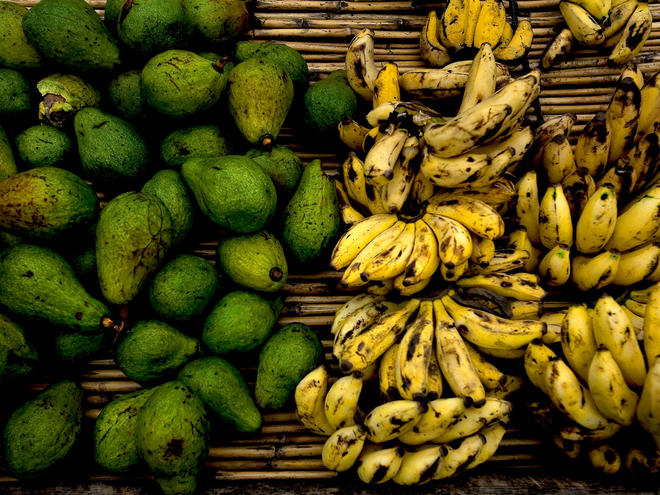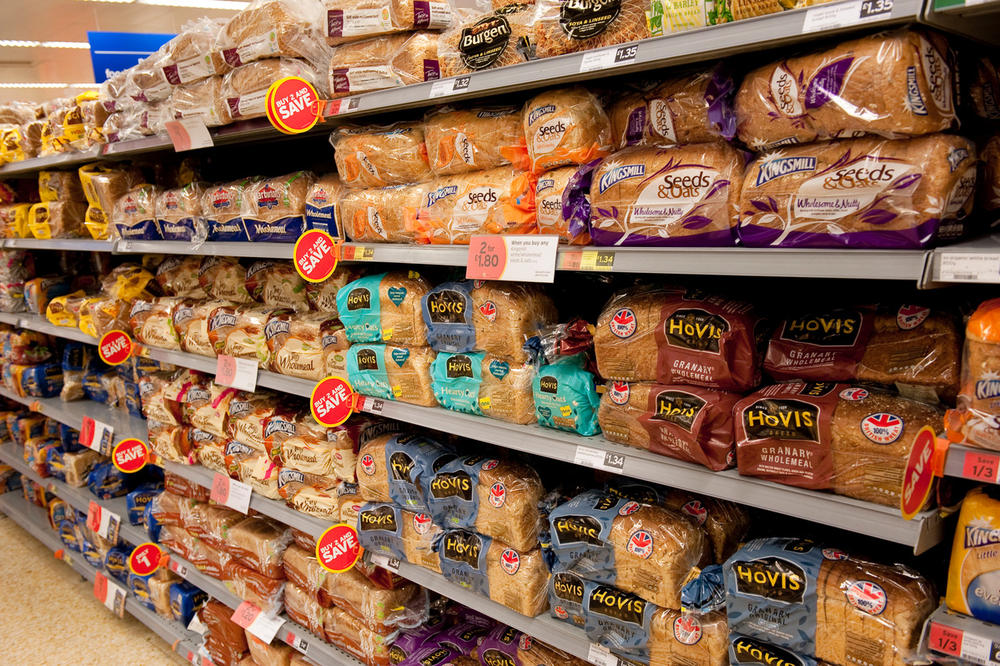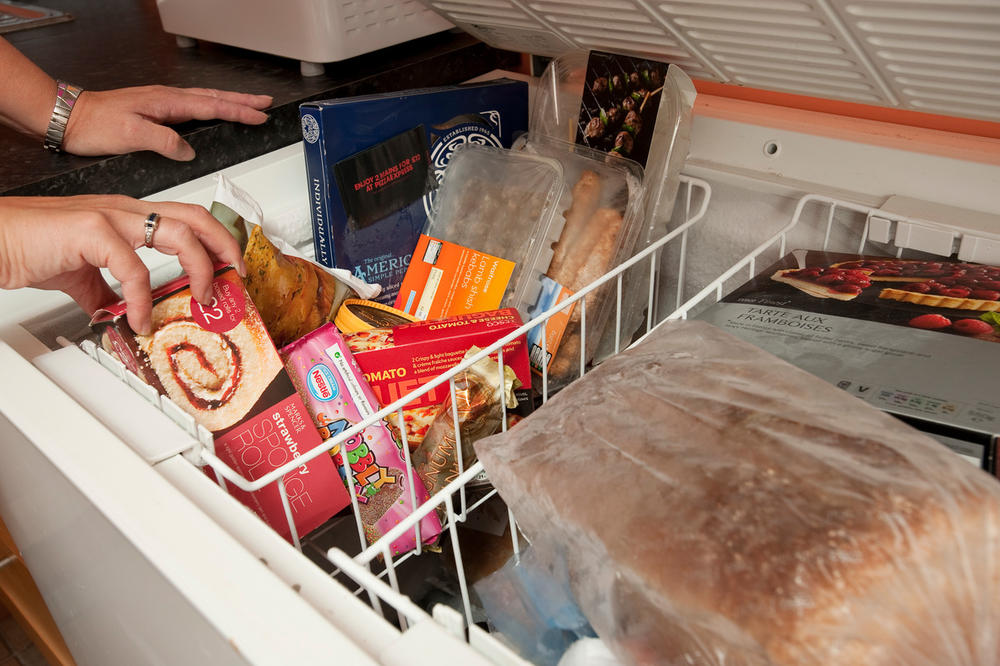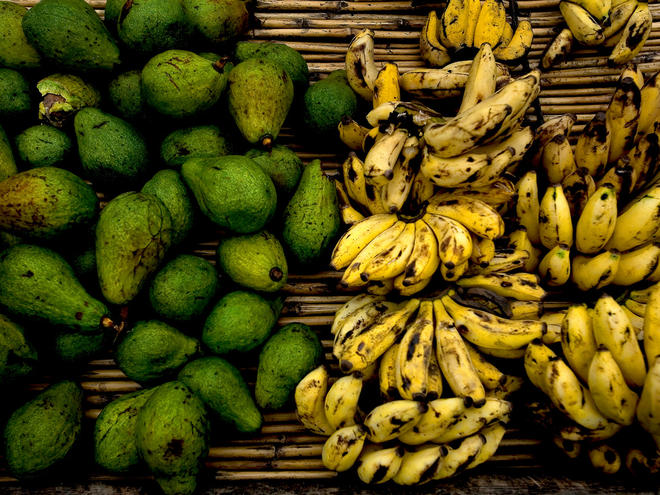Fight climate change by preventing food waste
Published by the World Wildlife Fund

One-third of all the food produced goes to waste; about 1.3 billion tons of fruits, vegetables, meat, dairy, seafood, and grains go bad on the farm, get lost during distribution, or are thrown away in grocery stores, restaurants, and home kitchens. This is about three times the amount of food needed to feed nearly 900 million people on the planet who are undernourished.
In addition to being a humanitarian concern, food waste also drives climate change. When we waste food, we waste all the energy used to produce it. About 10% of all human-caused greenhouse gases are linked to food waste.
In the US, producing food that gets lost or wasted is responsible for the equivalent of 206 million metric tons of carbon dioxide every year—roughly the same amount emitted by 43 million cars.
Delivering leftover food to those in need and composting the rest is an effective way to keep it out of landfills, but preventing food waste altogether is the most effective way to shrink its impact on the environment. If we can avoid producing food we don’t eat, we can save the land, water, and energy that would have been used to make that food. According to Refed, educating consumers to reduce food waste can prevent 2.3 million tons of greenhouse gas emissions.
 © WWF/Richard Stonehouse
© WWF/Richard Stonehouse © WWF/Richard Stonehouse
© WWF/Richard StonehouseHere are some tips to help you get started.
- Shop on a full stomach. Food looks better when we’re hungry and, in the supermarket, that can lead to buying more than what’s needed. Eat before shopping and write a list ahead of time to keep yourself on track and avoid waste.
- Use your freezer. Most people prefer fresh food, but frozen foods can offer just as much nutrition and they remain edible for a much longer period of time. A lot of seafood, for example, is frozen before it reaches your supermarket and then thawed on display. Buying frozen seafood can extend the life of the product considerably.
- Eat leftovers. Before you shop, use what you already have. Websites like Supercook and MyFridgeFood let you search for recipes based on ingredients. You can also use apps like Epicurious, Allrecipes, and CookBrite to make the most of what’s in your kitchen.
- Blend and boil. Fruits and vegetables that are beyond ripe might not look great, but that doesn’t matter if you use them to make a sweet smoothie or a rich soup stock.
When it comes to food waste, we need more than just an ounce of prevention: We need 1.3 billion tons!
Read the full article at: http://feedproxy.google.com/~r/WWFStories/~3/pqD0YUfBVP4/fight-climate-change-by-preventing-food-waste


